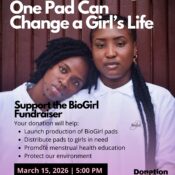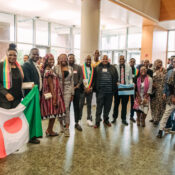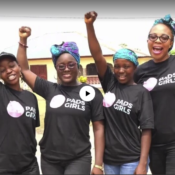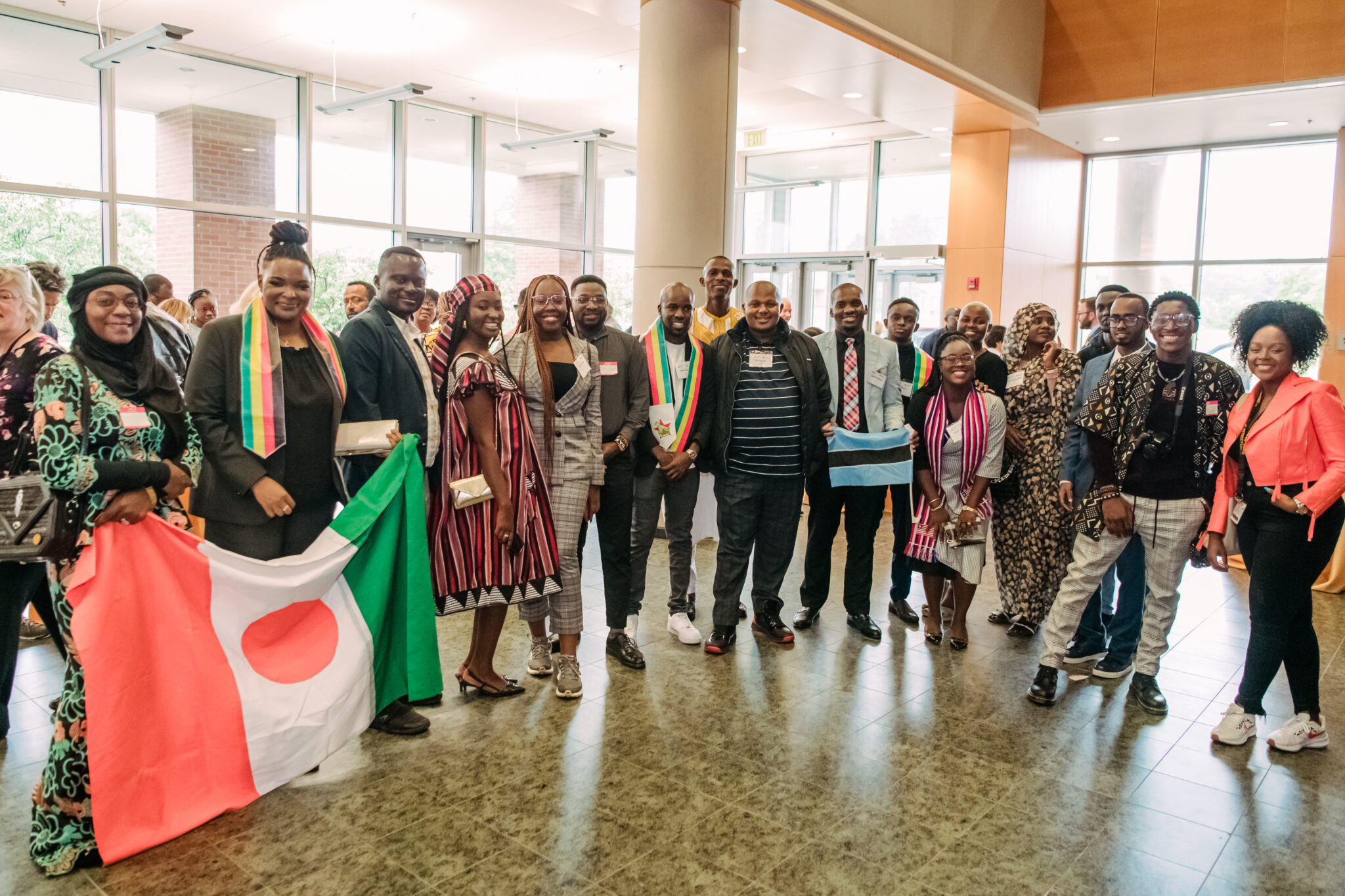
UMBC Center for Global Engagement welcomes its second cohort of the Young African Leaders Initiative
Lovetta Y. Qualah is the founder and CEO of Positive Actions Driving Safety (PADS), which addresses period poverty by providing free sanitary products to women and girls in Monrovia, Liberia.
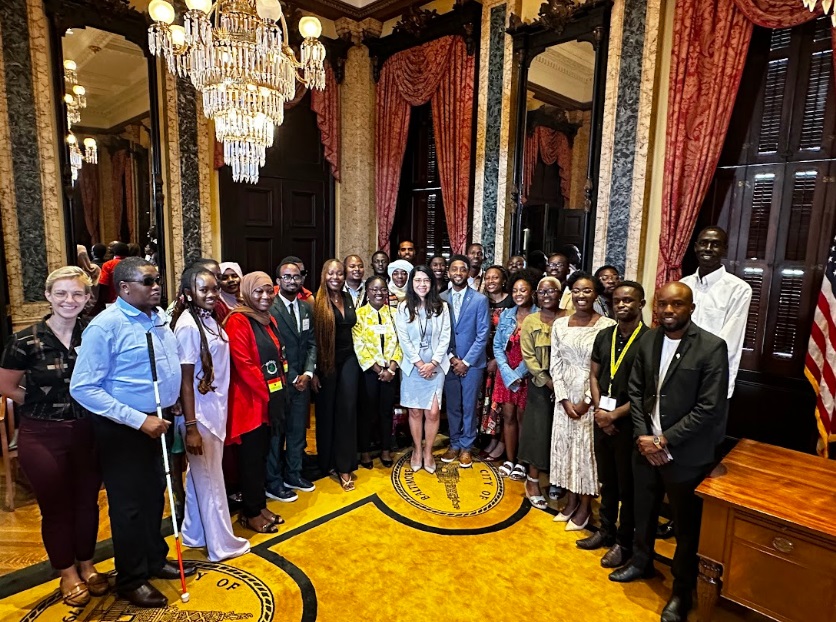
https://umbc.edu/stories/umbc-center-for-global-engagement-welcomes-young-african-leaders
https://policylab.chop.edu/blog/period-poverty-public-health-crisis-we-dont-talk-about
https://umbc.edu/stories/umbc-center-for-global-engagement-welcomes-young-african-leaders
Tags:Stories
Recent Posts
PadsForGirls0 Comments
BIOGIRL LAUNCH NEWS
PadsForGirls0 Comments

